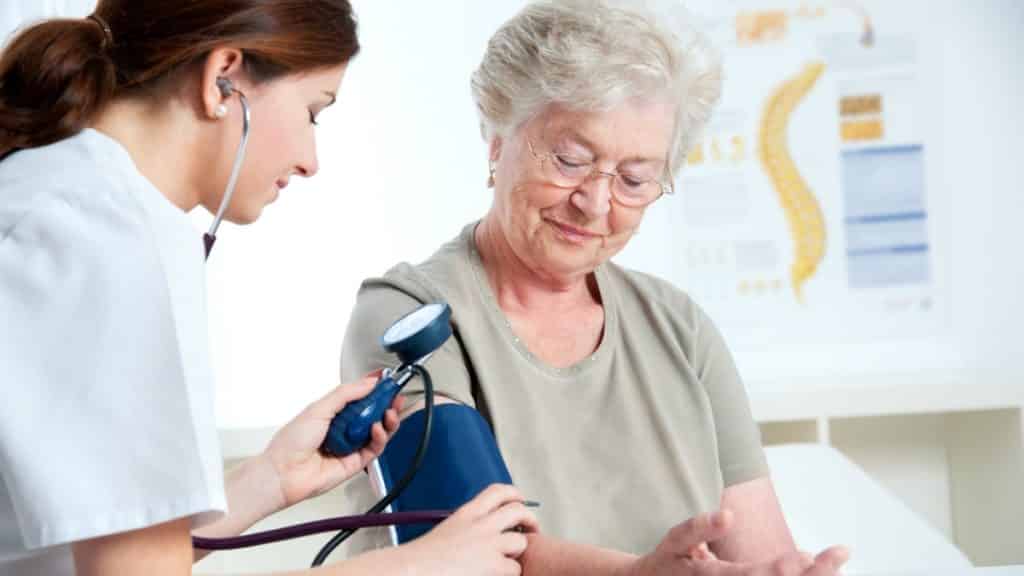As we get older, it is very likely that we will be most in need of healthcare due to age-related physical and mental health issues. This type of care is specifically tailored to the elderly population. It includes medical care such as geriatric medicine or gerontology (the study of aging) and nursing or urgent care, as well as social services such as Meals on Wheels.
Healthcare for the elderly is important because the elderly are more likely to suffer from chronic health conditions than younger people. These chronic conditions can include heart disease, stroke, cancer, diabetes, and arthritis. Elderly people are also more likely to suffer from mental health issues such as Alzheimer’s disease and dementia.
Let us then consider further the importance of healthcare to the elderly sectors of the population.
Improving Quality of Life
Elder healthcare is important because it can help to improve the quality of life for elderly people. It often allows them to stay within their own homes, manage health conditions, and cope when relatives are not necessarily nearby to help.
Delaying the Onset of Chronic Health Conditions
Good elderly healthcare has the potential to prevent or delay the onset of chronic health conditions and manage the symptoms of those conditions that cannot be cured. Without the care sector, it would not be possible to monitor so many elderly patients as closely as what can be done now.
Some conditions can be more difficult to manage than what the younger people may find. When this happens, a helping hand is needed. Conditions such as diabetes can affect many areas of the body and heart-related conditions require careful monitoring. Doctors are busy and so rely on teams of carers to follow up on their treatments.
Allowing Independence for Longer
So, care for the elderly can help this significant section of the population to stay independent for longer, by providing them with the support they need to stay living inside their homes.
One way to ensure that elderly individuals receive the healthcare they need is to set up care packages for them, whether that means a carer attending their house one, two, or three times a day.
Part of what can be provided for someone in medical need might include healthcare items such as blood pressure monitors, diabetes testing supplies, and prescription medications.
There are many different types of healthcare services that are available for the elderly. These include primary care, which is typically provided by a family doctor or GP; secondary care, which is provided by specialists such as geriatricians; and tertiary care, which is usually only required when an elderly person is suffering from a very serious health condition.
The type of healthcare that an elderly person needs will depend on their individual health needs. However, all elderly people should have access to basic healthcare services such as vaccinations, routine check-ups, and screenings for conditions such as cancer.
Elderly people should also have access to social services such as Meals on Wheels, which can help to improve their quality of life. They are delivered directly to the home to save an elderly person from having to cook for themselves when this could potentially prove dangerous due to dementia or impossible because of mobility.
The elderly must have access to specific services dedicated to them when there are not always relatives nearby to help keep them comfortable, or well. Doctors can do a lot to prolong life but do rely on the after-care being provided in the right places to follow on from their diagnosis, surgical interventions, and medical treatments.
Healthcare providers must be aware of the unique needs of the elderly population. Healthcare providers should receive training in geriatrics or gerontology so that they can provide the best possible care for their elderly patients.
